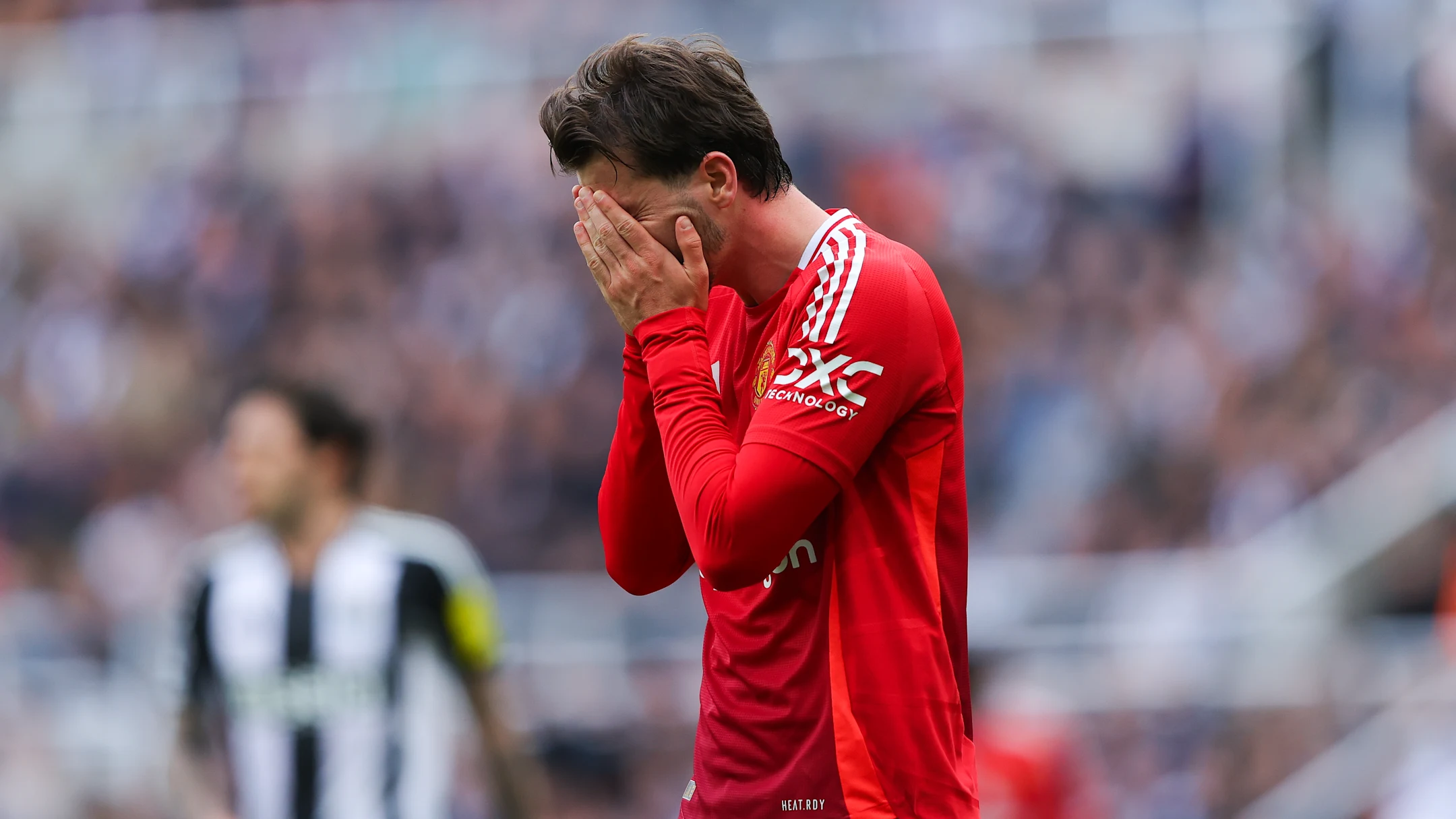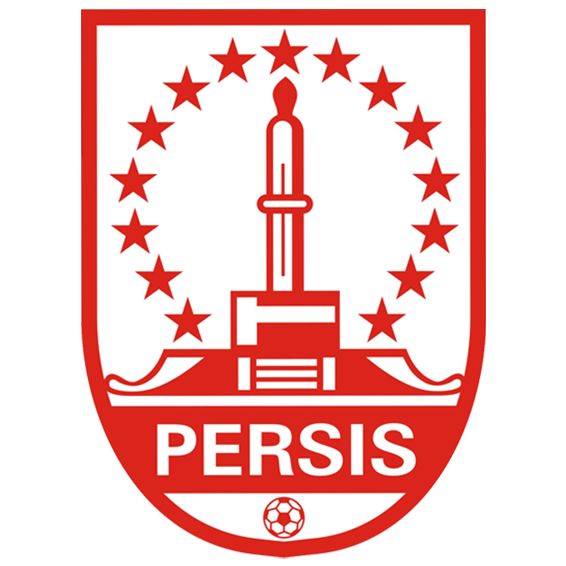
Manchester United Reach New Miserable Milestone in Worst Premier League Season
Manchester United’s disastrous Premier League campaign hit yet another low point this past weekend, with a 4-1 hammering at the hands of Newcastle United. The defeat not only sealed their fate as one of the worst teams in the club’s recent history but also confirmed that this season will go down as their worst-ever in the Premier League era. The Red Devils, under the guidance of Ruben Amorim, have now surpassed a staggering 115 top-flight defeats since Sir Alex Ferguson’s retirement—a statistic that truly encapsulates the post-Ferguson decline.
A New Low for Manchester United
The thumping defeat on Sunday was more than just another humiliating result; it was the final nail in the coffin of a season that has unravelled beyond all recognition. With just a handful of games remaining, United are now guaranteed to finish with their lowest-ever points tally in the Premier League. The maximum they can achieve this term is 56 points, which, even if they win every remaining match, would still fall short of their previous worst of 58 points, which they accumulated in the 2021/22 season. That year saw Ole Gunnar Solskjaer’s tenure come to an abrupt end, followed by a failed interim period under Ralf Rangnick.
The fact that this season’s current record is now in the same conversation as that previous low is telling. For a club of United’s stature, whose history is filled with silverware, triumph, and dominance, these numbers are staggering. Under Sir Alex Ferguson, the club’s legendary manager, Manchester United never finished a Premier League season with fewer than 75 points. In 1996/97, when United finished with 75 points, they were crowned champions of England. Compare that with the reality United face today, and the scale of the decline is almost unfathomable.
The Post-Ferguson Era: A Long, Slow Decline
When Sir Alex Ferguson retired in 2013, it marked the end of an era. The Scot, who had won 13 Premier League titles during his time at the helm, was the driving force behind the club’s global dominance. His departure left a massive void, not only in the dugout but also in the boardroom. Ferguson’s right-hand man, David Gill, also stepped down as the club’s CEO, leaving Ed Woodward—who was deeply unpopular with large sections of the fanbase—to take control of United’s financial and transfer dealings.
What followed was a downward spiral, punctuated by managerial changes, poor recruitment, and a steady erosion of the club’s identity. David Moyes, who was hand-picked by Ferguson to succeed him, lasted just under a year. Louis van Gaal arrived next, securing an FA Cup but never really igniting the team’s potential. José Mourinho then took charge, leading the team to two major trophies, but his relationship with the board and some of his players ultimately saw him depart after a fallout. After Mourinho, United turned to Ole Gunnar Solskjaer, who initially sparked hope with a run of good results but was eventually sacked after a series of disappointing performances and a failure to break back into the Premier League’s elite.
None of these managers, despite their pedigree, have been able to replicate the consistent success Ferguson enjoyed, and that has only become more evident with Amorim’s struggles this season.
Ruben Amorim: A Manager at a Crossroads

Bruno Fernandes didn’t bother hiding his disdain / Robbie Jay Barratt – AMA/GettyImages
When Ruben Amorim was appointed as Manchester United’s head coach earlier this season, many expected a fresh approach. The Portuguese coach had impressed with his work at Sporting CP, and his arrival was seen as a bold move to revitalise a team desperately in need of direction. Unfortunately, the early optimism surrounding his appointment has long since evaporated. Amorim’s candid nature and his willingness to speak frankly about his team’s failings have made for some interesting headlines, but the results on the pitch have been anything but encouraging.
In January, Amorim’s dramatic remarks about United’s decline shocked many. “We are the worst team maybe in the history of Manchester United,” he stated bluntly to reporters. At the time, these words seemed like an overstatement. However, after Sunday’s heavy defeat to Newcastle, they now ring painfully true.
Amorim’s record in charge has been abysmal, and while he’s not the only one to blame, the buck stops with him. His side’s inability to put together a string of consistent performances, compounded by defensive frailties and a lack of cutting edge in attack, has left them adrift in mid-table with little to play for other than pride.
Yet, in the face of all this adversity, Amorim has remained stoic. After the Newcastle defeat, he refrained from openly criticising his players, instead repeating the phrase, “let’s focus on Thursday,” referring to United’s upcoming Europa League quarter-final second leg against Lyon. The tie stands at 2-2 after the first leg, and while it offers a glimmer of hope, the reality is that even if they progress, their league form will continue to haunt them.
The Fallout: Criticism from All Corners
The reaction to United’s latest setback has been nothing short of savage. Former players, pundits, and fans alike have expressed their disbelief at the club’s current state. Gary Neville, a legend of the Ferguson era, voiced his frustration with the current squad, labelling them “so poor in quality.” Neville, who spent his entire playing career at Old Trafford, has been one of the club’s most vocal critics in recent years. His observations reflect a deep concern about the lack of direction, leadership, and overall quality within the team.
Roy Keane, another United great and one of the club’s most passionate former captains, has been equally damning. He went as far as calling the current crop of players “bluffers,” suggesting that many of them are not living up to the standards expected at a club like Manchester United. Keane’s words, while blunt, strike at the heart of the problem: the current squad simply does not have the mentality or quality to compete at the highest level.
And while fans continue to voice their discontent, the club’s owners, the Glazers, remain largely silent. The lack of investment in the squad, the failure to bring in a top-class director of football, and the seemingly endless cycle of managerial changes have left United supporters questioning if there is any real plan in place to turn things around.
A Glimmer of Hope in Europe?
As grim as the situation is in the Premier League, Manchester United’s European aspirations remain alive—just. Thursday’s Europa League quarter-final second leg against Lyon will be a pivotal match for the club. A win would see them advance to the semi-finals, where they could face Rangers or Athletic Club. It could offer United their best chance of salvaging something from this miserable season and provide a fleeting moment of redemption.
However, even if United do progress, the spectre of their dismal domestic campaign will continue to loom large. The gap between them and the Premier League’s top teams is vast, and whether Amorim can bridge that gap next season remains to be seen.
For now, Manchester United fans must hold onto the hope that the Europa League offers some form of silver lining. But the reality is clear: the club is in the midst of one of its darkest periods, and no quick fix appears to be on the horizon.
What Does the Future Hold for United?
The question now is whether Manchester United can turn things around. With Amorim at the helm and an uncertain summer transfer window ahead, the future of the club seems as unpredictable as ever. United will need a complete overhaul of their squad, a clear strategic direction, and, perhaps most importantly, stability in the managerial position.
The painful truth is that for a club that once dominated English and European football, it now finds itself battling mediocrity. The journey to return to the top will be long and challenging, but it is not entirely out of reach. If Manchester United can navigate these troubled waters and make the right decisions at key junctures, there may yet be light at the end of the tunnel.
But for now, as Amorim said after the Newcastle defeat, it’s a case of focusing on the next game—Thursday’s Europa League encounter—and trying to extract whatever positives they can from this truly miserable season.




























There are no comments yet. Be the first to comment!